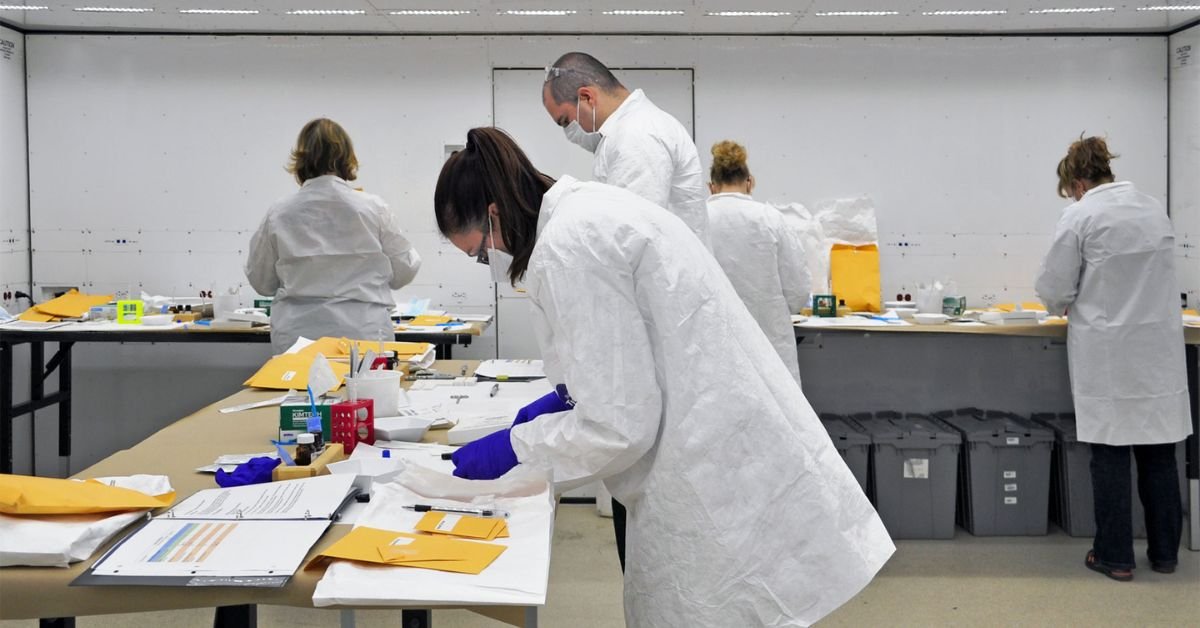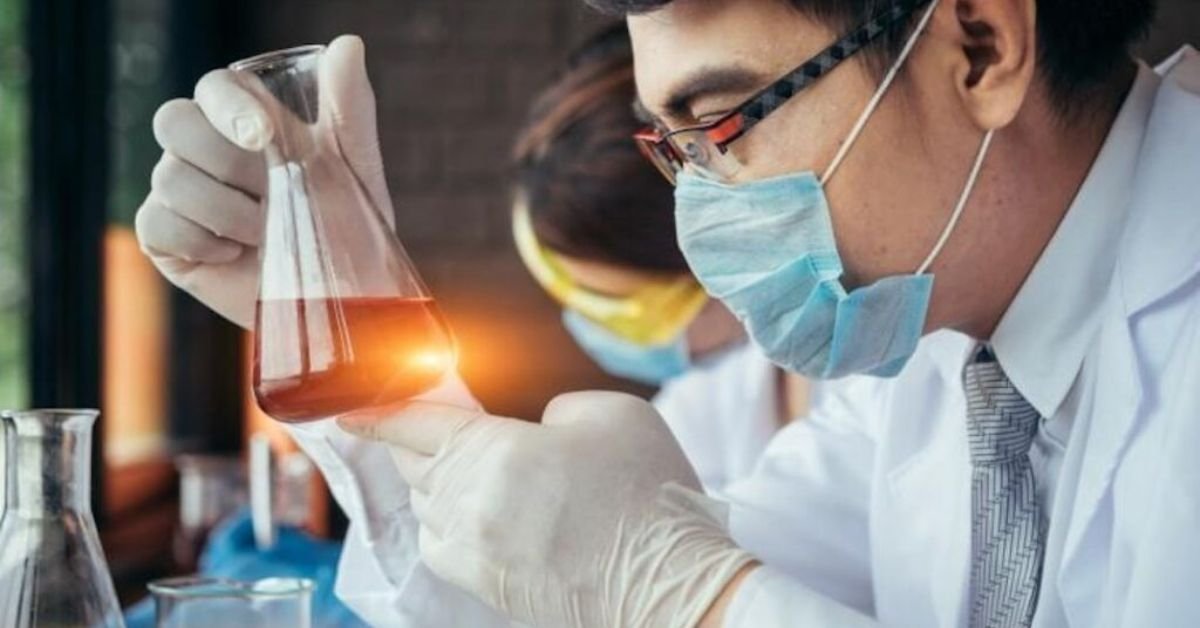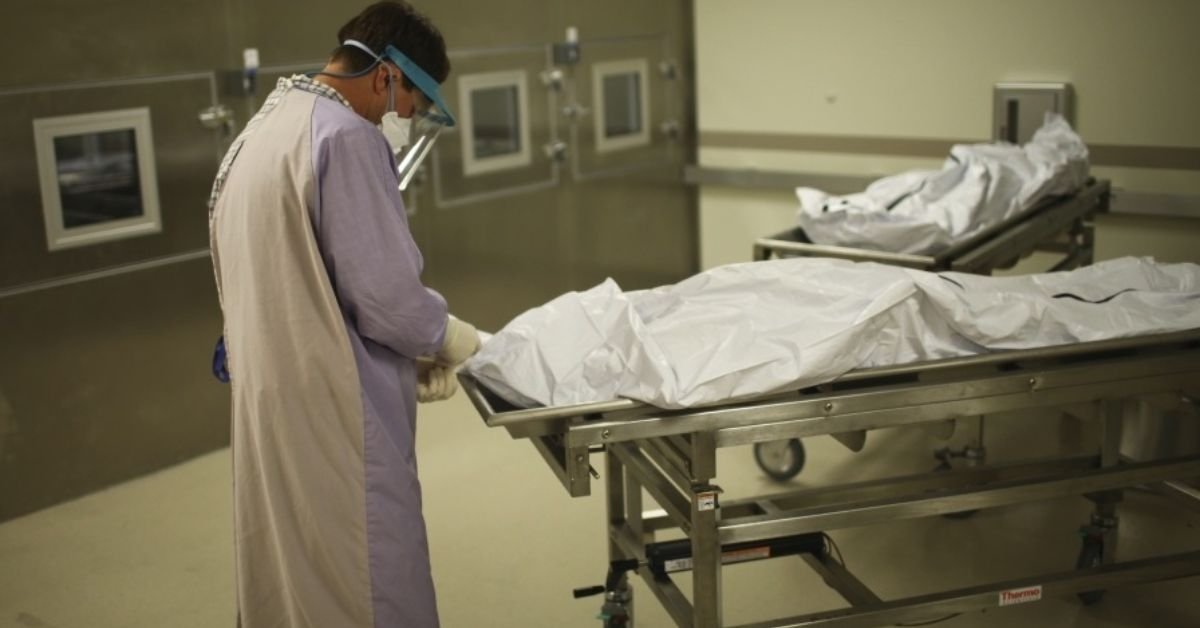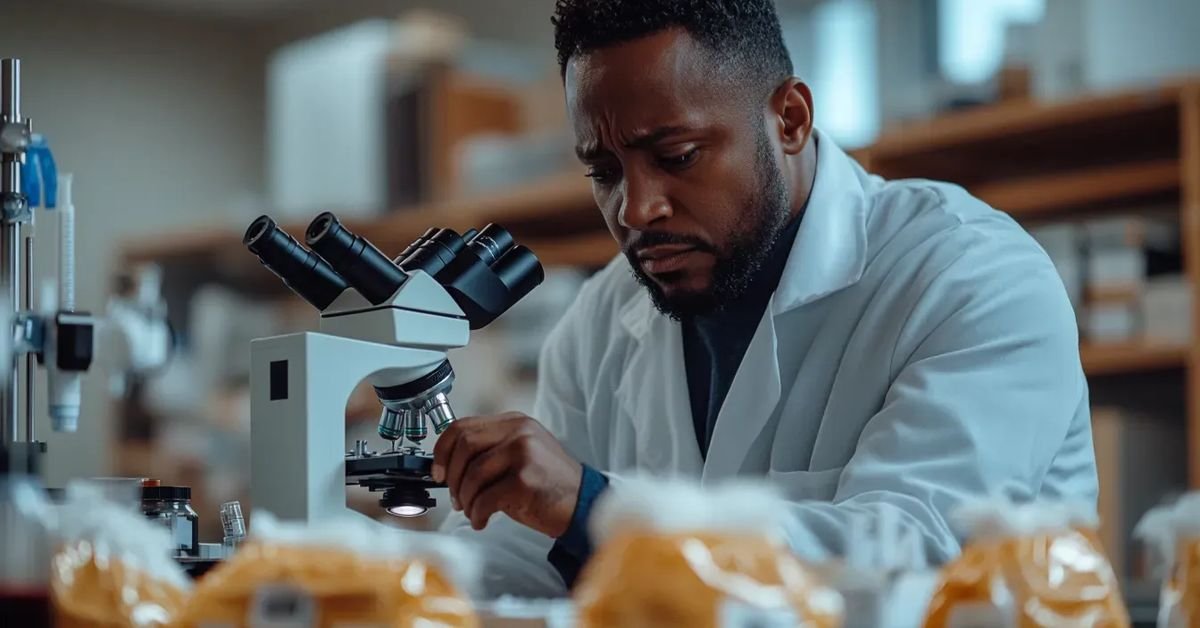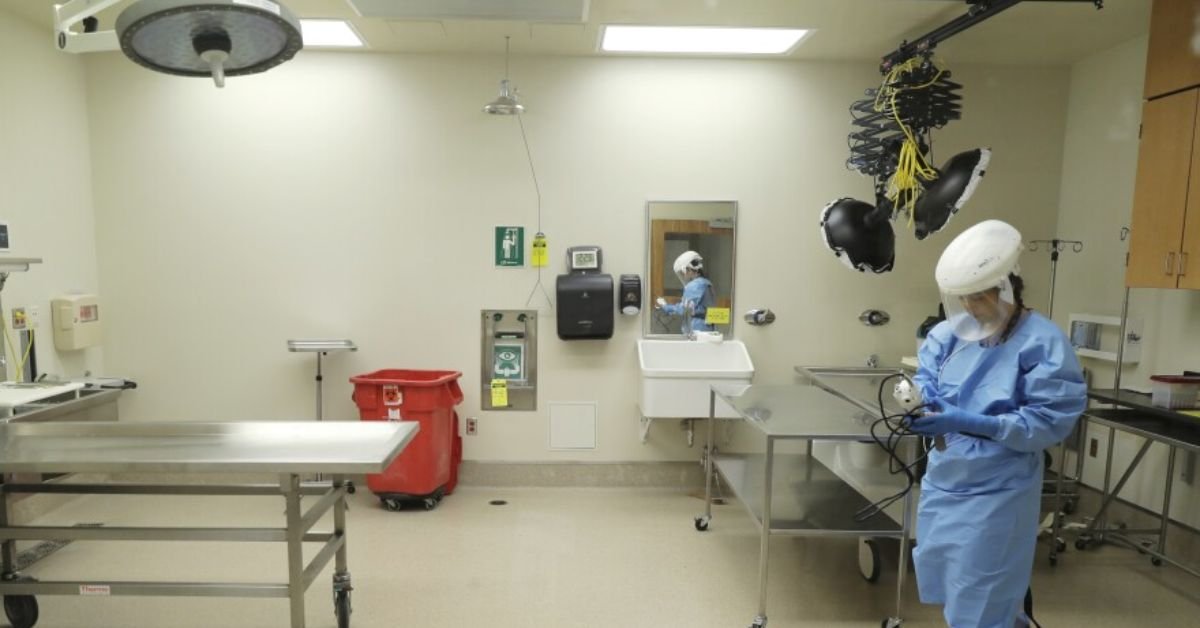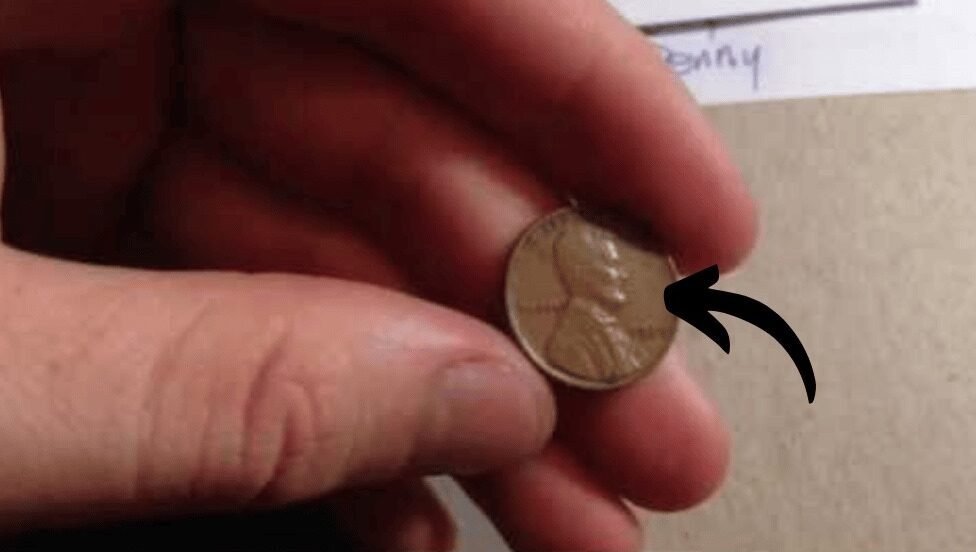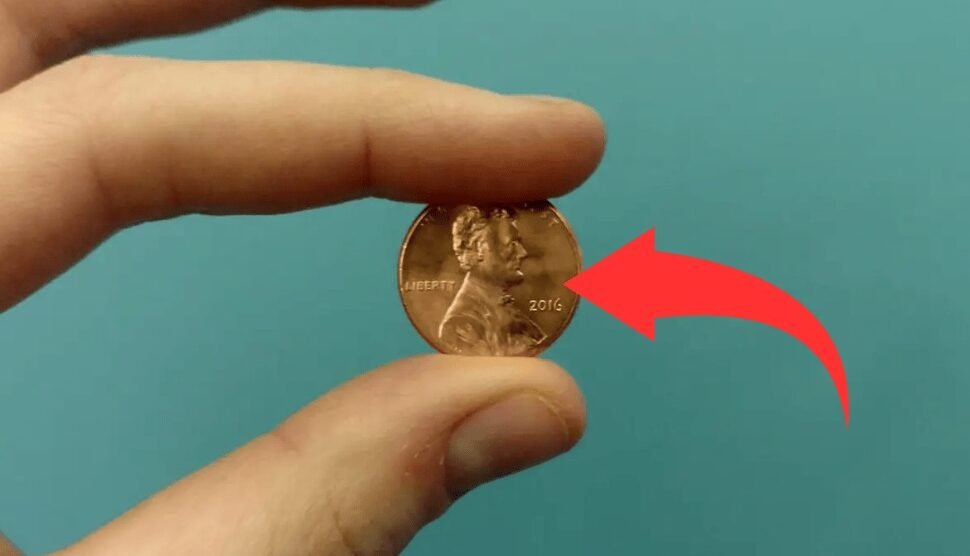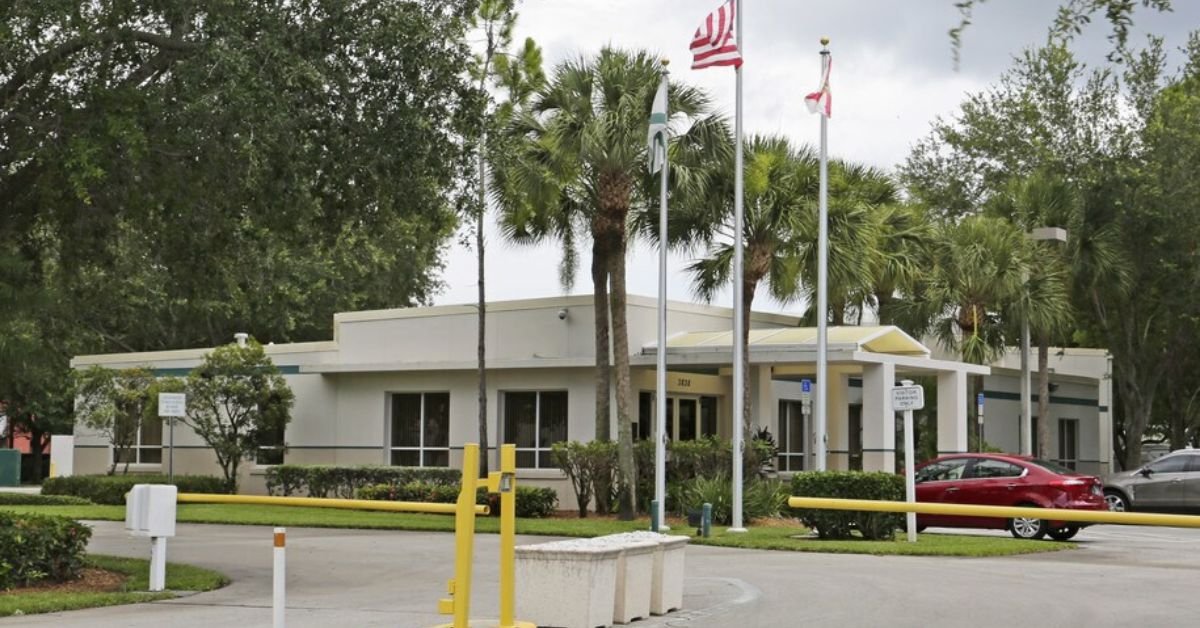Forensic services play a vital role in the criminal justice system, aiding law enforcement agencies by analyzing evidence and helping to solve crimes. In Florida, the forensic services workflow is a structured, multi-step process that ensures the accurate collection, analysis, and presentation of evidence in criminal cases. This workflow involves several government agencies, including law enforcement, crime laboratories, medical examiners, and forensic experts. Understanding how forensic services operate in Florida helps to appreciate the complexity and importance of these services in the pursuit of justice.
1. Initial Crime Scene Investigation
The forensic services workflow in Florida begins at the crime scene, where law enforcement officers and forensic experts work together to collect and preserve evidence. Crime scene investigators (CSIs) are often the first responders and are trained to document the scene, photograph key evidence, and collect samples in a way that maintains the chain of custody.
Key Steps:
- Securing the Scene: Law enforcement officers cordon off the crime scene to prevent contamination and ensure the integrity of evidence.
- Photographing and Documenting: Detailed photos of the crime scene are taken, noting any important evidence such as weapons, blood, and fingerprints.
- Collecting Evidence: Physical evidence such as DNA, fibers, weapons, and trace evidence is carefully gathered and tagged for transport to forensic laboratories.
2. Evidence Submission to Forensic Laboratories
Once the evidence is collected, it is transported to specialized forensic laboratories for analysis. In Florida, crime laboratories are managed by various entities, including the Florida Department of Law Enforcement (FDLE) and local law enforcement agencies. Forensic services at these laboratories are designed to examine evidence thoroughly to generate scientifically accurate results.
Key Services Provided at Forensic Laboratories:
- DNA Analysis: DNA samples from the crime scene or suspects are processed to identify individuals or match profiles in databases.
- Toxicology: Toxicologists test biological samples (blood, urine, etc.) to detect drugs, alcohol, or poisons in cases of overdose, impaired driving, or poisoning.
- Ballistics Analysis: Firearms and ammunition are examined to link a weapon to a specific crime or victim.
- Fingerprint Analysis: Latent fingerprints found at crime scenes are compared with databases to identify suspects.
3. Autopsy and Forensic Pathology
In cases of death, forensic pathologists play a critical role in determining the cause and manner of death. Autopsies are performed to uncover evidence that might not be visible externally. Florida’s medical examiner’s offices perform autopsies in accordance with state law and standards, such as those outlined in Florida Statutes Chapter 406, which governs death investigations.
Key Responsibilities of Forensic Pathologists:
- Performing Autopsies: During the autopsy, forensic pathologists examine the body for signs of trauma, poisoning, or disease.
- Toxicology Testing: Forensic pathologists may also request toxicology tests to identify substances that could have contributed to death.
- Cause and Manner of Death: The forensic pathologist issues a report determining whether the death was natural, accidental, suicide, or homicide.
4. Forensic Toxicology Analysis
Forensic toxicologists in Florida analyze biological samples, including blood, urine, and hair, to identify substances such as drugs, alcohol, and poisons that may have contributed to a person’s death or impairment. This analysis is critical in cases of impaired driving, drug overdoses, and poisoning, and plays a key role in criminal investigations.
Key Responsibilities:
- Drug and Alcohol Detection: Identifying controlled substances, alcohol levels, and their potential effects on the individual involved.
- Poison Detection: Identifying substances like carbon monoxide, heavy metals, or other poisons in cases of suspected poisoning.
5. Digital Forensics and Data Recovery
Digital forensics has become an increasingly important component of forensic services, especially with the rise of cybercrimes. Forensic experts recover, analyze, and preserve data from computers, smartphones, and other digital devices. In Florida, law enforcement agencies often turn to specialized digital forensics teams to handle cases involving identity theft, cybercrimes, and data breaches.
Key Responsibilities:
- Data Recovery: Digital forensic experts recover deleted or encrypted files from computers and mobile devices.
- Analyzing Digital Evidence: They analyze digital footprints, such as browsing history, emails, and social media activity, to link suspects to crimes.
- Expert Testimony: Digital forensic experts often testify in court to explain the significance of digital evidence in the case.
6. Laboratory Analysis and Reporting
After forensic evidence is analyzed, the laboratory teams prepare detailed reports outlining the methods used, results obtained, and conclusions drawn from the analysis. In Florida, forensic scientists are required to adhere to strict standards in handling and analyzing evidence to ensure that it is admissible in court. Laboratory reports are often used in criminal trials to provide scientific evidence supporting the prosecution or defense.
Key Aspects of Laboratory Reporting:
- Accuracy: Forensic scientists ensure that their findings are accurate, reliable, and defensible in a court of law.
- Clarity: Laboratory reports must be clear and concise, ensuring that individuals without scientific training, such as jurors, can understand the results.
- Chain of Custody: Proper documentation of the chain of custody ensures that the evidence has not been tampered with and is legally admissible in court.
7. Expert Testimony in Court
Forensic experts in Florida are often called upon to testify in court as expert witnesses. Their role is to present their findings, explain the scientific methods used, and offer their professional opinions on the evidence. In a court case, forensic scientists must be able to communicate complex scientific concepts in a clear and understandable manner.
Key Responsibilities in Court:
- Presenting Evidence: Forensic experts present evidence from laboratory reports and explain how it was analyzed.
- Providing Opinions: Based on their analysis, forensic experts may offer their professional opinions regarding the significance of the evidence.
- Answering Questions: Forensic experts must be prepared to answer cross-examination questions from the defense and prosecutors.
Forensic Services Workflow in Florida
| Stage | Key Activities | Key Stakeholders |
|---|---|---|
| Crime Scene Investigation | Secure and document the crime scene, collect evidence. | Law enforcement, Crime Scene Investigators (CSIs). |
| Evidence Submission | Transport evidence to forensic laboratories for analysis. | CSIs, Forensic Laboratories. |
| Forensic Pathology | Conduct autopsies, determine cause of death. | Forensic pathologists, Medical examiner’s offices. |
| Toxicology and Analysis | Test biological samples for drugs, alcohol, or poisons. | Forensic toxicologists, Crime laboratories. |
| Digital Forensics | Recover and analyze data from digital devices. | Digital forensics experts, Law enforcement. |
| Laboratory Reporting | Document findings and prepare reports for legal use. | Forensic scientists, Crime laboratories. |
| Court Testimony | Testify in court as expert witnesses. | Forensic experts, Legal professionals. |
Conclusion
The forensic services workflow in Florida is an intricate and coordinated process that involves multiple agencies and professionals, all working together to ensure that justice is served. From the initial crime scene investigation to the analysis of evidence in laboratories and expert testimony in court, each step is vital for the successful resolution of criminal cases. Understanding this workflow provides insight into the critical role that forensic services play in solving crimes and maintaining the integrity of the justice system in Florida.
